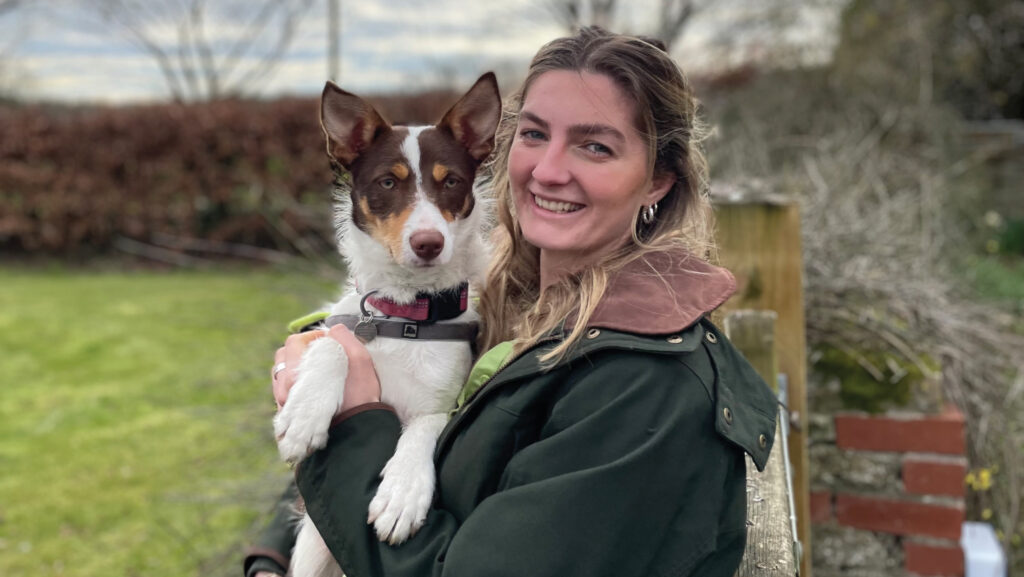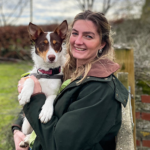Daisy Wood: Inclusion means decision-making as well as work
 © Daisy Wood
© Daisy Wood I went to a women in farming event recently and was struck by how many of the ladies shared a similar story.
They worked full-time alongside their partners on the farm – feeding stock, fixing fences, filling in paperwork – but still felt they were seen to be “helping out”.
They carried the weight of the labour, but not always the weight of decision-making.
See also: Daisy Wood – it’s individual drive keeping \UK farming alive
Some spoke honestly about the challenge of juggling that reality with the love they have for their partners and families.
They weren’t looking for sympathy, just recognition that farming as a couple should mean farming as equals in all parts of the business.
That conversation made me pause.
If we’re serious about inclusion in agriculture, we can’t just celebrate women who appear on stage at conferences or sit on boards.
We also need to make space for the women running stock sheds, tractors and books at home. And they need a voice.
Inclusion doesn’t mean men are excluded. Quite the opposite.
Many men already support, respect and value the women they farm with.
But it does mean thinking about whether both halves of a partnership are given the chance to shape the big decisions, not just shoulder the work.
This matters for the future of farming. When voices are missing, collaboration is missing.
True inclusion in farming isn’t about box-ticking. It’s about recognising that women are already there, already central to the work, already committed
Farms that draw on the ideas, skills and perspectives of everyone involved are more resilient, more adaptable and better able to face the challenges ahead.
Changing who we listen to also changes the story we tell beyond the farmgate.
The picture of the farmer in the flat cap, chewing straw doesn’t reflect today’s agricultural reality.
Women are already central to food production; we just need to make sure we’re visible in leadership on farm as well as in labour.
True inclusion in farming isn’t about box-ticking. It’s about recognising that women are already there, already central to the work, already committed.
What’s needed now is to bring them fully into the running of the farm – not just the work, but the decisions, too.

